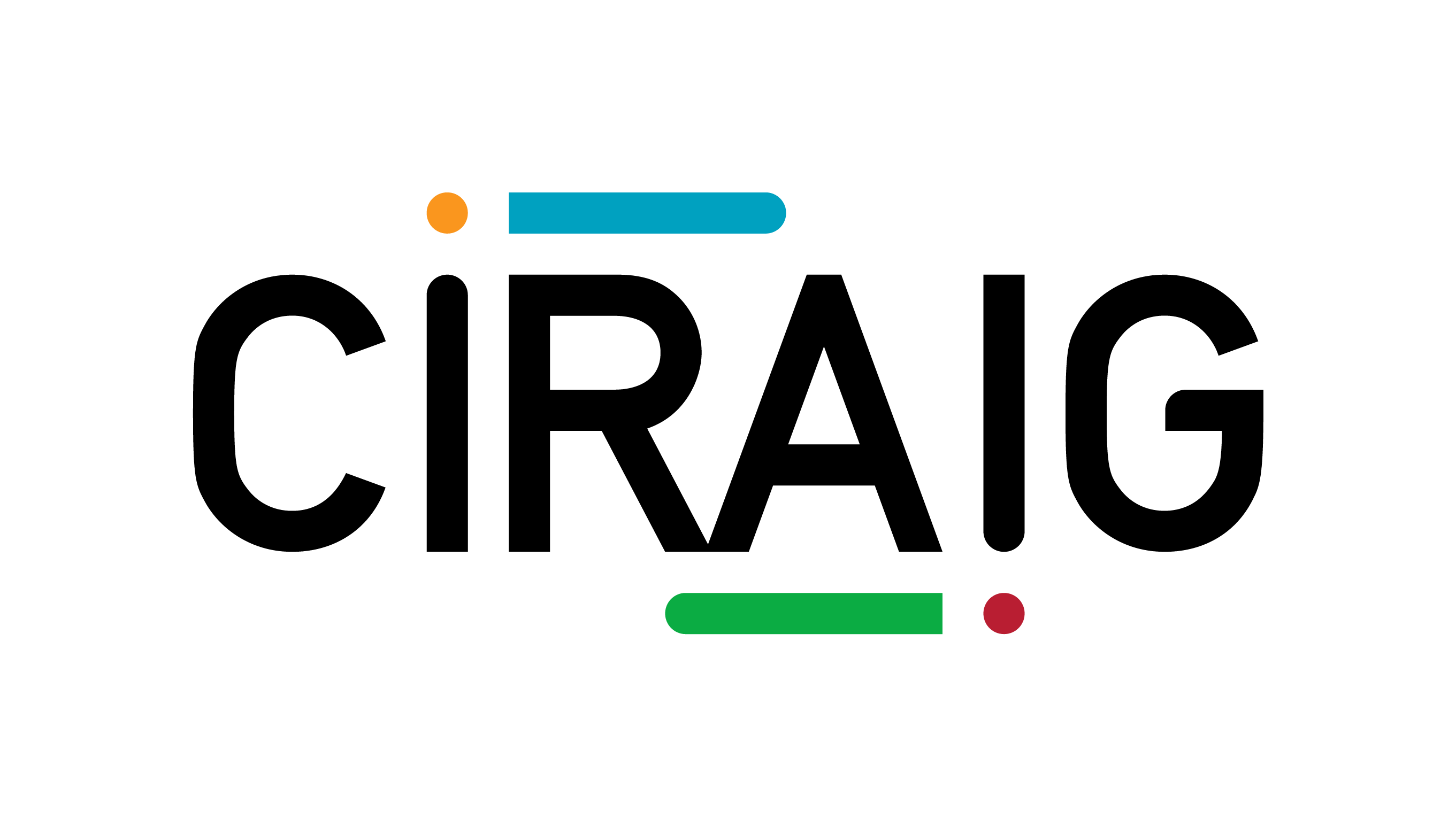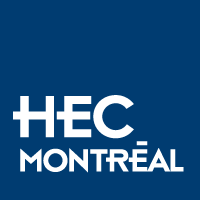The report Portrait et pistes de réduction des émissions de GES industrielles au Québec is the first part of a collaborative research project on the potential of circular economy on GHG emission reductions from Quebec industrial emitters. Results from the first phase of the research project provide an overview of direct industrial GHG emissions, as well as a portrait of the main industrial sub-sectors and GHG reduction opportunities. The analysis of the potential for direct and indirect emissions reductions related to the implementation of circular economy strategies in these industrial sectors will be presented in the second part of the project.
This report was prepared by the Chair in Energy Sector Management at HEC Montréal, in collaboration with the IEDDEC, the CIRAIG, Polytechnique Montréal and the Centre de transfert technologique en écologie industrielle. This research was made possible thanks to the financial support of the Fonds de recherche du Québec and the Green Fund, in partnership with the Ministère de l’Économie et de l’innovation (MEI). The project also benefits from partnerships with the Fédération des chambres de commerce du Québec (FCCQ), the Conseil Patronal de l’Environnement du Québec (CPEQ) and the Conseil du patronat du Québec (CPQ).









